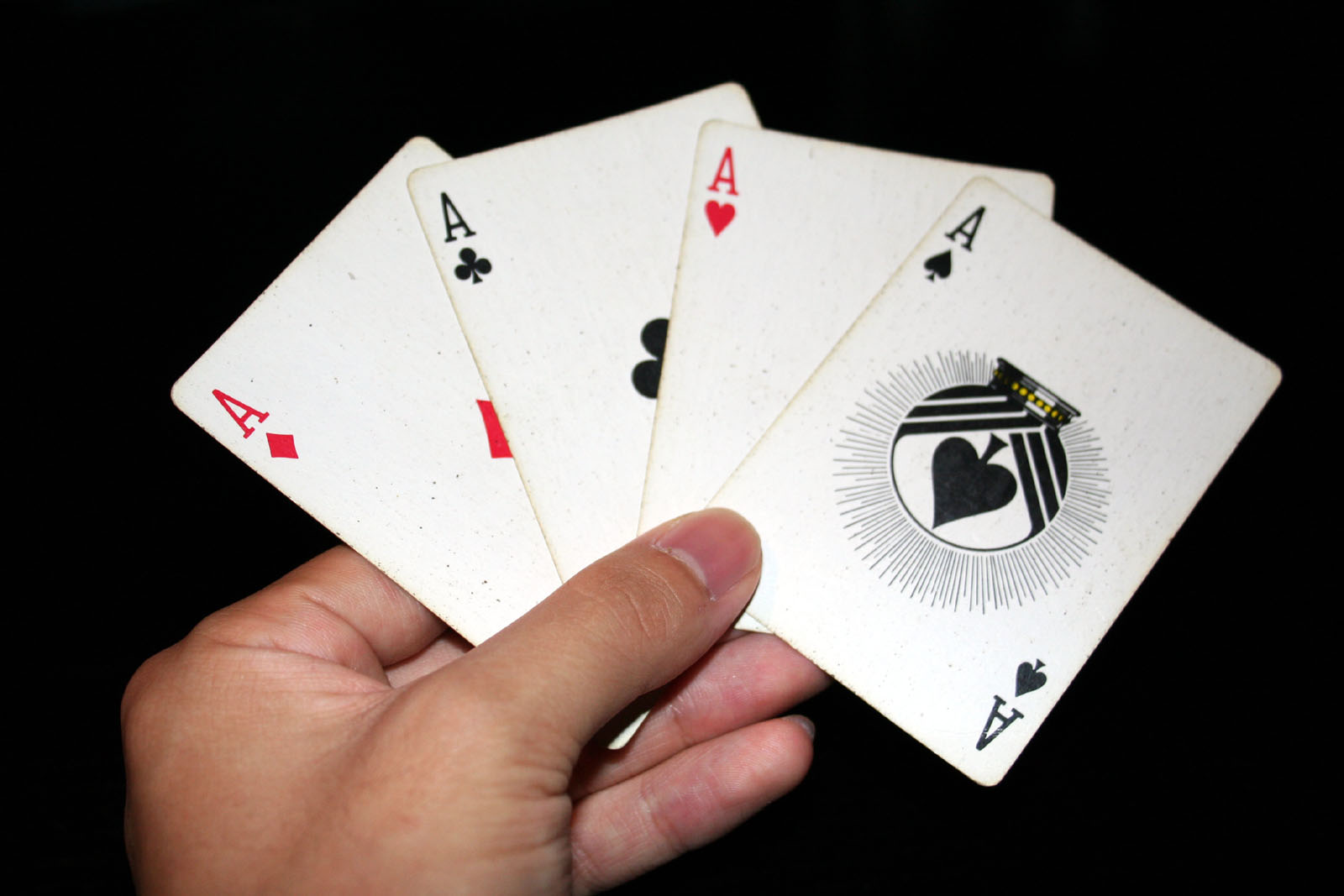The Muck-Up That Won the Pot: Poker's Weirdest Rule Explained
We've all been there: you make a big bluff on the river, get called, and your stomach drops. You know you're beat. You go to throw your cards away in defeat, but what if you fumble? What if your 'losing' hand accidentally flips over and reveals... a winner? This exact scenario played out at a tab...

You ever have one of those moments at the poker table where your brain just... short-circuits? You're staring at the board, you've run the hand a dozen times in your head, and you're absolutely convinced of what you hold. Then reality hits you like a ton of bricks. It’s a feeling every poker player knows, but one guy shared a story that takes it to a whole new level.
Picture this. Our guy is in a hand, holding what he thinks is a busted draw—Ten of Spades, Jack of Clubs. The board reads 5, 8, 9, 2, Ace, with three clubs out there. He missed his straight, but he figures, 'Why not try to buy it?' He shoves his remaining chips into the middle. A classic river bluff. The only problem? His opponent snaps him off, showing an Ace-Nine for two pair.
Defeated. It’s a sick feeling. Our hero doesn't say a word. He just picks up his cards to do the walk of shame, flicking them toward the muck. But then, something almost cinematic happens. He messes up the throw. The cards don't sail gracefully into the discard pile; they tumble and land face-up on the table.
The table goes quiet. The other player, the one with two pair, immediately protests. "You meant to muck them! That means your hand is dead!" You can feel the tension. The surprise on the bluffer's face, the indignation from the guy who thought he'd won. But the dealer is unfazed. He calmly announces, "Flush," and pushes the massive pot to its shocked, accidental new owner.
So, what's the verdict here? Was the dealer right? Did our hero break some unwritten rule of poker etiquette by taking a pot he tried to give away?
Let’s get this out of the way first: The dealer made the 100% correct call. The opponent, while understandably salty, was completely in the wrong. In the world of poker, there's a golden rule that overrides almost everything else at showdown: cards speak.
This rule exists to protect the integrity of the game. It removes all the he-said, she-said drama and any potential for angle shooting. Imagine the chaos if players could talk their way out of losing hands or into winning ones. It would be a nightmare. By making the cards the final arbiter, the game stays fair. The player's opponent claiming he "meant to muck" is like arguing with a calculator. The math is the math.
The other player's argument hinged on the idea that the hand was mucked. But was it? Not even close. For a hand to be truly mucked, it generally has to be placed face down into the pile of other discarded cards, making it unidentifiable and irretrievable. Simply intending to muck, or even beginning the motion, doesn't kill your hand.
As long as the cards are live—meaning they are face-up on the table or retrievable from a face-down position (as long as they haven't touched the muck pile)—they play. Some poorly run card rooms might have bizarre house rules, but under standard TDA (Tournament Directors Association) rules, which most reputable places follow, this hand is live all day, every day. The fact that they landed face-up makes it an open-and-shut case.
Now, let's talk about the human side of this. Can we blame the other guy for being annoyed? Honestly, not really. From his perspective, he saw his opponent admit defeat by trying to muck, only to have a miracle save him. This is what's known as an "accidental slowroll." A slowroll—pausing dramatically before revealing a winning hand—is one of the biggest etiquette no-nos in poker. It's seen as rubbing your opponent's nose in it.
While our hero did it by accident, the effect was the same. A moment of hope for the opponent was snatched away in the most bizarre fashion possible. In that situation, what do you do? The community overwhelmingly agreed: you shut up and stack your chips.
One of the most relatable parts of this whole story was what happened after the hand. The player admitted that for months afterward, he was constantly second-guessing himself. He'd check and re-check his hole cards over and over, paranoid that he'd misread them again. It created a bad habit, a tell, and a crack in his mental confidence.
It’s a perfect reminder that poker isn’t just about the cards; it's about managing your own brain. One weird, fluke hand can install a bug in your system that takes a long time to fix.



